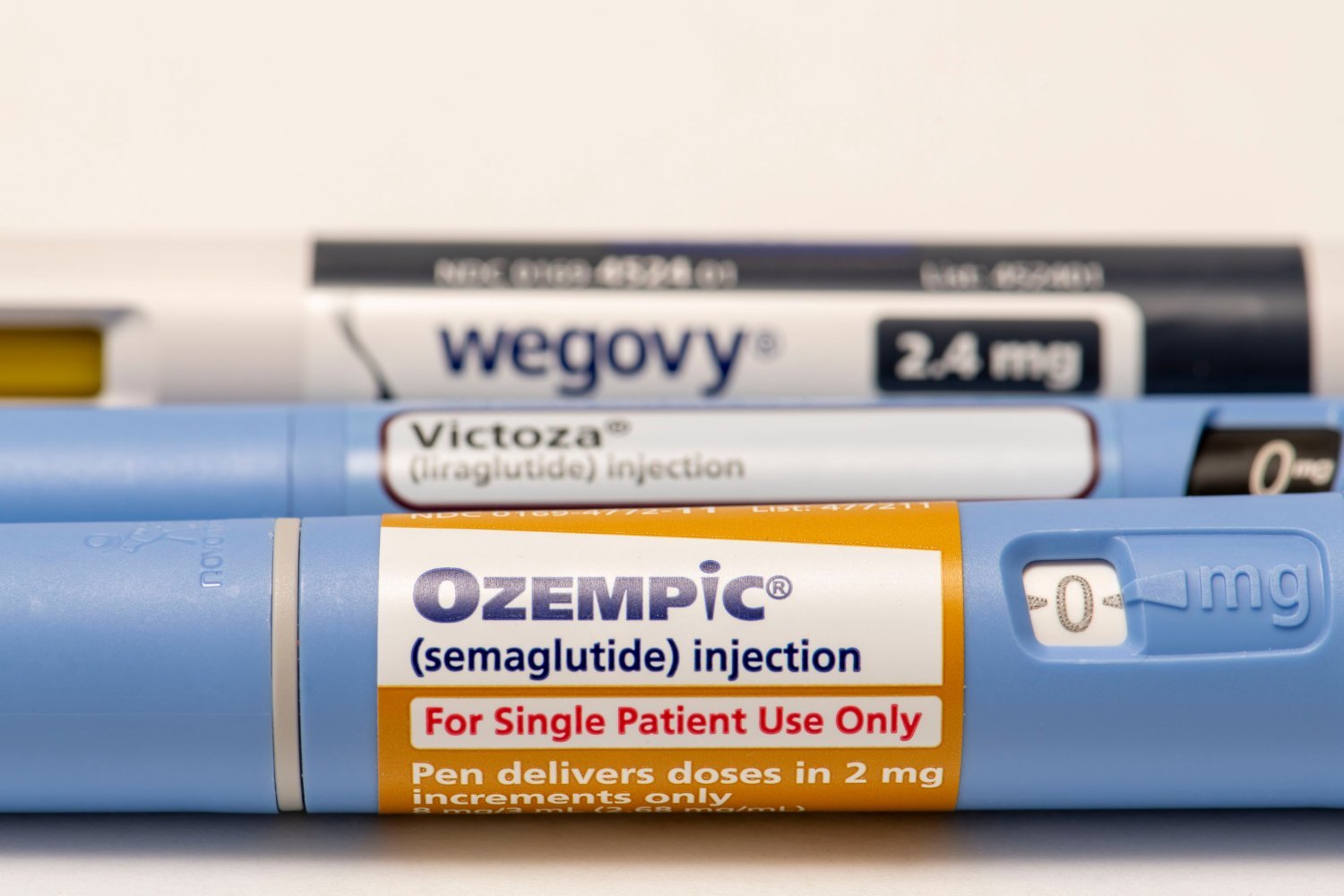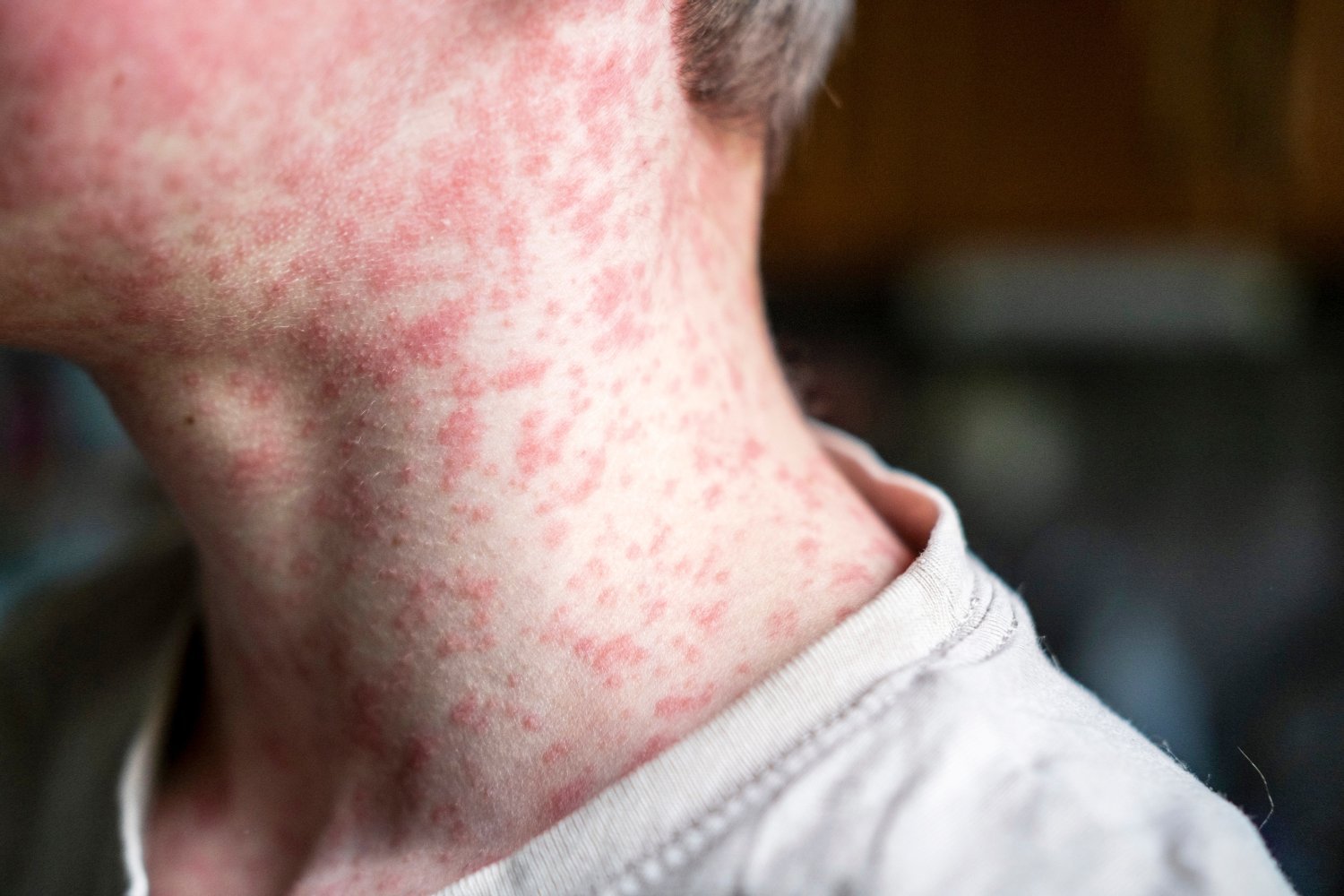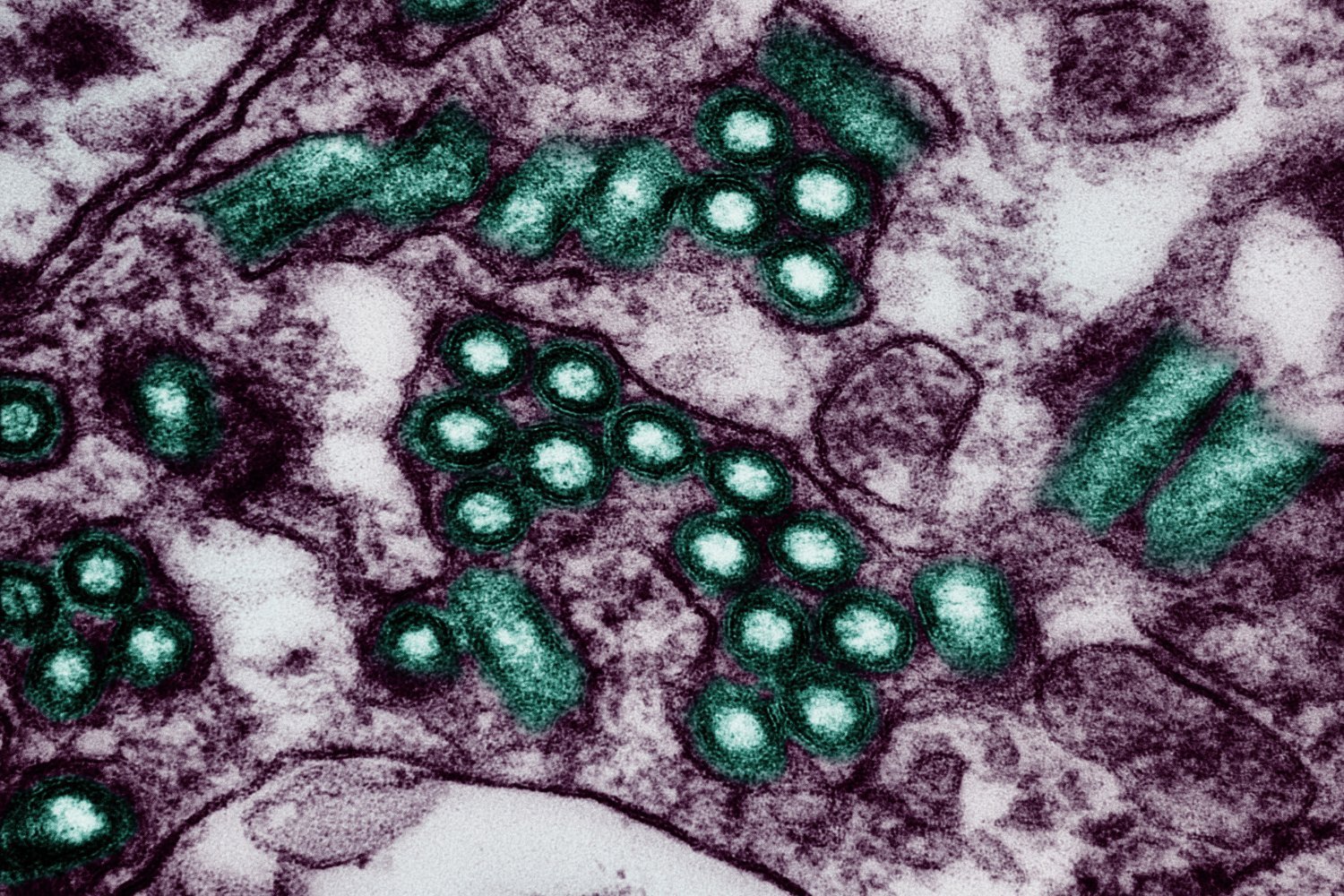The Centers for Disease Control and Prevention (CDC) is reportedly planning a large-scale study investigating a potential link between vaccination and autism, as reported by Reuters. This endeavor, given the extensive scientific research already conducted on the subject, appears to be a wasteful expenditure of time and resources.
The CDC, operating under the U.S. Department of Health and Human Services, currently led by Robert F. Kennedy Jr., is embarking on this study. Kennedy Jr.’s appointment last December by then President-elect Donald Trump was specifically to investigate this alleged link, with Trump claiming “someone has to find out” the cause of the perceived rise in autism cases. Ironically, numerous studies have already explored this connection, with the overwhelming majority finding no evidence to support it.
The anti-vaccine movement, dating back to Edward Jenner’s smallpox vaccine in the early 1800s, gained momentum in the late 1990s with a focus on autism. This shift was largely fueled by a 1998 study published in The Lancet by British doctor Andrew Wakefield, suggesting a link between the measles, mumps, and rubella (MMR) vaccine and autism. Despite the study’s small sample size of only 12 children, early media coverage amplified its findings, potentially influencing some parents to forgo the MMR vaccine.
However, the scientific community remained largely unconvinced by Wakefield’s conclusions, and contradictory evidence quickly emerged. A 1999 study of UK children found no causal link between autism and MMR vaccination. A 2002 study of all children born in Denmark during the 1990s showed no association, even suggesting a slightly higher risk of autism in unvaccinated children. Similar findings were reported in a 2002 study of Finnish children, examining MMR vaccination and neurological conditions.
Further studies continued to debunk the alleged link. A 2006 Canadian study found no association between autism and MMR or thimerosal, a mercury-based preservative once used in some vaccines (excluding MMR). A 2015 U.S. study corroborated these findings, even in children with autistic siblings, indicating no increased risk despite potential genetic predisposition. A 2019 Danish study, involving some of the same researchers as the 2002 study, again found no link between MMR and autism.
While autism diagnoses have increased, this rise is likely attributed to factors like increased awareness and broader diagnostic criteria, as argued by many experts. Environmental factors, such as prenatal exposure to air pollution or increased parental age, could also contribute to a genuine increase in cases.
Numerous studies have investigated the purported link between vaccines, specific vaccine ingredients like thimerosal, and autism, with the vast majority reaching the same conclusion: there is no link. Other research has shown autism-related brain changes often begin in the womb, further undermining the vaccine theory. Occasional papers suggesting a link, often authored by anti-vaccination proponents, are typically met with criticism for methodological flaws.
Wakefield’s 1998 paper itself was ultimately retracted by The Lancet in 2010 due to discovered inaccuracies. Journalist Brian Deer’s investigative work revealed Wakefield’s financial conflicts of interest, including potential profit from an alternative measles vaccine he had patented, and fraudulent misrepresentation of patient data.
Decades of research and countless resources have been wasted pursuing Wakefield’s false claims. There’s no reason to believe the planned CDC study will yield different results, overturning the substantial evidence against a vaccine-autism link. Furthermore, Kennedy Jr.’s persistent promotion of vaccine misinformation, despite his claims of not being anti-vaccine, raises concerns about his objectivity. His dismissal of the scientific consensus and reliance on isolated, potentially flawed studies during his confirmation hearings further casts doubt on his commitment to evidence-based decision-making.
This planned study suggests a troubling trend within the CDC and other agencies, where debunked myths and conspiracy theories are treated as legitimate scientific debate.
The continued pursuit of this disproven link diverts valuable resources from addressing real public health challenges.











